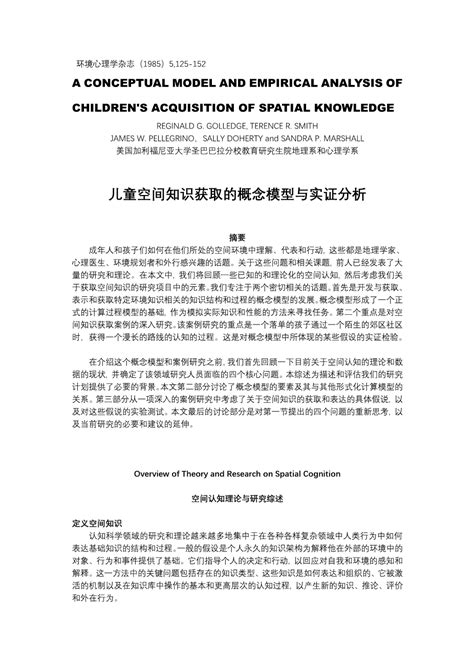城镇化:Understanding Urbanization
Urbanization is a multifaceted process encompassing various social, economic, and environmental transformations as rural areas transition into urban centers. This phenomenon is often accompanied by demographic shifts, changes in land use patterns, infrastructure development, and alterations in lifestyle.
Key Aspects of Urbanization:
1.
Demographic Transition:
Urbanization typically involves a shift in population from rural to urban areas. This transition is driven by factors such as industrialization, employment opportunities, and improved living standards in cities.2.
Economic Growth:
Cities serve as engines of economic growth, attracting businesses, investments, and a skilled workforce. Urbanization is closely linked to industrialization and the expansion of service sectors, contributing to overall economic development.3.
Infrastructure Development:
Urban areas require extensive infrastructure to support growing populations. This includes transportation networks, housing, water supply, sanitation, and energy systems. Effective urban planning is essential to ensure sustainable development and efficient resource utilization.4.
Social Dynamics:
Urbanization influences social structures and cultural norms. Cities are hubs of diversity, where people from different backgrounds interact, leading to cultural exchange and social integration. However, urbanization can also exacerbate social inequalities and create challenges related to housing affordability, healthcare access, and education.5.
Environmental Impact:
The rapid expansion of cities can have significant environmental implications. Urbanization affects ecosystems, air and water quality, and contributes to climate change through increased carbon emissions and land degradation. Sustainable urban planning and green initiatives are crucial for mitigating these effects.Challenges and Opportunities:
1.
Infrastructure Deficits:
Many rapidly urbanizing areas face challenges related to inadequate infrastructure, leading to congestion, pollution, and service delivery gaps. Investing in modern infrastructure is essential to support urban growth and enhance quality of life.
2.
Inclusive Development:
Addressing social inequalities is paramount for sustainable urbanization. Policies promoting affordable housing, accessible healthcare, education, and social services are crucial for fostering inclusive growth and reducing poverty.3.
Environmental Sustainability:
Sustainable urban development requires balancing economic growth with environmental conservation. Implementing green technologies, promoting renewable energy sources, and adopting ecofriendly practices can mitigate the ecological footprint of cities.4.
Governance and Planning:
Effective urban governance and strategic planning are essential for managing urbanization. This involves coordination among government agencies, private sector stakeholders, and civil society to address urban challenges and ensure equitable development.5.
Innovation and Technology:
Embracing innovation and technology can enhance urban efficiency and resilience. Smart city initiatives, digital infrastructure, and datadriven solutions offer opportunities to optimize resource allocation, improve service delivery, and enhance urban livability.Conclusion:
Urbanization is a complex and transformative process with profound implications for societies and the environment. Understanding its dynamics and addressing associated challenges are essential for fostering sustainable urban development. By promoting inclusive growth, environmental stewardship, and effective governance, cities can harness the opportunities of urbanization to create prosperous, resilient, and livable communities for all.












评论